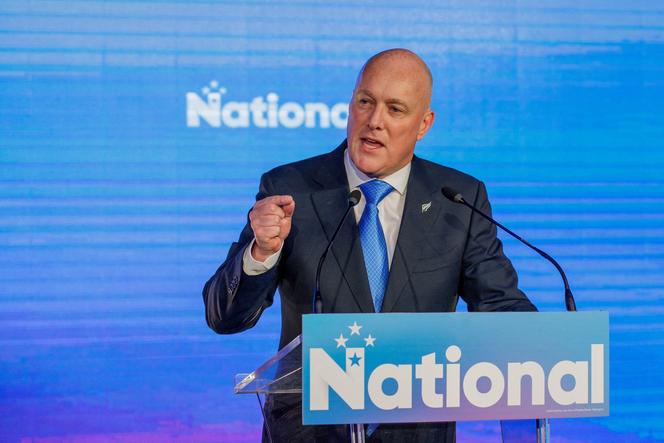

LETTER FROM SYDNEY

It's a 180-degree political turn that New Zealand voters may not have anticipated. After six years of Labor rule, the National Party (NZNP, center-right), led by Christopher Luxon, won the October general election. However, what might have been the usual alternation between the two major governing parties took a different turn when the NZNP leader joined forces with two small radical parties – the libertarians of ACT New Zealand and the "anti-woke" nationalists of New Zealand First – to secure a parliamentary majority and become prime minister.
Since then, his government, considered to be the most right-wing in nearly 40 years, has set itself one main objective: to dismantle most of Jacinda Ardern's progressive legacy in the first 100 days of its mandate, that is, by early March.
The former CEO of Air New Zealand set the tone on the very day he took office, on November 27, when he unexpectedly announced his intention to repeal the smoking ban for future generations born after 2008, which was due to come into force in July. Citing the "significant drop in government revenue" that this would have entailed, his finance minister, Nicola Willis, declared that the measure was intended to "finance tax cuts," provoking an outcry among public health experts who had unanimously welcomed the measure.
Abandoning this initiative was not part of the National Party's election manifesto. On the other hand, it was part of the program of New Zealand First, which finished fifth in the elections, with 6% of the vote. To secure their support, as well as that of the ACT libertarians, despite only having a relative majority, Luxon negotiated a coalition agreement for six long weeks. During these negotiations, he adopted some of their proposals and abandoned some of his own, including one that would have enabled him to finance one of his major campaign promises: tax cuts. This involved reopening the national property market to foreign investors. "He's made a lot of compromises, and the general feeling is that the smaller parties have done particularly well during these talks," said Mark Boyd, a political science researcher at the University of Auckland.
The main victims of this alliance are the Maori, who make up 17% of New Zealand's population and suffer higher rates of poverty, unemployment and incarceration than their fellow citizens. During her two terms in office, Ardern (2017-2023) promoted the transmission of their language, worked to ensure they were better represented and supported co-management agreements. In contrast, the Conservative majority has set itself the goal of drastically limiting the use of their language by public authorities, dismantling the Maori Health Authority and abolishing co-management of public services.
You have 50% of this article left to read. The rest is for subscribers only.
